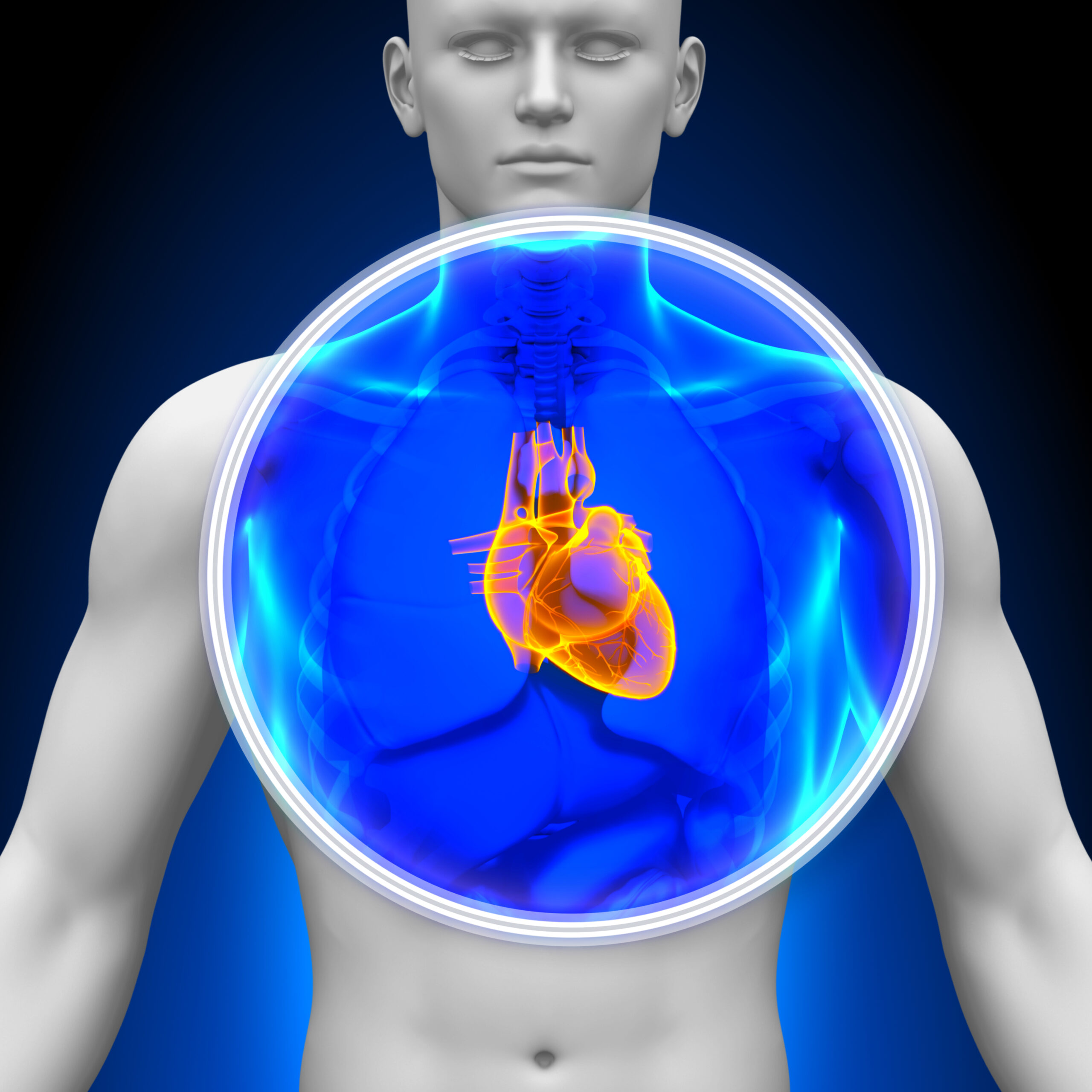
Heart disease continues to be one of the leading causes of death worldwide, affecting millions of people across all ages, genders, and backgrounds. Early detection and timely intervention remain essential for preventing life-threatening complications, yet traditional diagnostic methods often fail to catch subtle cardiac abnormalities before they become serious. Fortunately, advances in medical technology are changing the way we monitor and protect heart health. One of the most exciting breakthroughs in this field is Magnetocardiography (MCG), a cutting-edge, non-invasive technique that uses quantum magnetometers to precisely measure the tiny magnetic fields generated by your heart’s electrical activity. With its unparalleled accuracy, MCG provides doctors with detailed insights into your cardiac function, making it possible to detect conditions such as arrhythmias and ischemia much earlier than ever before.
Magnetocardiography works by capturing the faint magnetic fields produced when your heart’s electrical impulses fire and coordinate each beat. These signals are extremely weak — far too subtle for traditional tools to pick up — but MCG uses advanced quantum magnetometers capable of measuring these minute fluctuations with extraordinary sensitivity. The result is a real-time, high-resolution map of your heart’s electrical activity that can reveal abnormalities invisible to conventional tests like electrocardiograms (ECG) or echocardiograms. The entire process is non-invasive, painless, and completely radiation-free, making it an ideal diagnostic solution for a wide range of patients.
One of the greatest strengths of MCG is its inclusivity and accessibility. Heart health is not limited to a specific demographic; whether you are managing a chronic condition, recovering from surgery, monitoring your fitness levels, or simply seeking preventive care, this technology offers benefits for everyone. By detecting subtle disruptions in the heart’s rhythm and blood flow, MCG helps diagnose early-stage arrhythmias, ischemia, and coronary artery disease — sometimes before symptoms even appear. Early detection gives patients and doctors the power to act proactively, whether through lifestyle changes, medication adjustments, or targeted therapies that can prevent more serious complications down the line.
Another key advantage of MCG is the patient experience. Many people feel anxious about diagnostic tests, especially those involving needles, dyes, or radiation. MCG, by contrast, offers a stress-free and comfortable alternative. There are no injections, no electrodes to attach, and no exposure to harmful radiation. Patients of all ages, abilities, and cultural backgrounds can undergo testing without discomfort or fear. For communities that historically face barriers to accessing healthcare, this inclusivity can make a life-saving difference.
MCG is also especially valuable for high-risk groups. Individuals with a family history of heart disease, those managing conditions such as diabetes, high blood pressure, or high cholesterol, and older adults concerned about preventive care can all benefit from its precision. Athletes, too, are finding value in MCG, as it offers a way to monitor cardiovascular performance and optimize training regimens without invasive testing.
Compared to traditional cardiac diagnostics, MCG stands out as a powerful complement rather than a replacement. For instance, standard ECGs are effective for monitoring general rhythm patterns but may miss micro-level electrical disturbances. Echocardiograms provide structural insights but are less effective in detecting subtle functional irregularities. MCG bridges this gap by offering unmatched sensitivity in detecting early abnormalities while remaining painless and safe. By combining MCG with other diagnostic tools, physicians can build a more comprehensive picture of heart health and deliver better patient outcomes.
The applications of MCG go far beyond routine monitoring. In preventive cardiology, its ability to identify early warning signs empowers patients to make informed lifestyle choices and begin interventions before conditions escalate. In emergency settings, MCG delivers rapid, detailed cardiac assessments, enabling healthcare teams to act quickly and decisively when time is critical. It also plays a vital role in personalized medicine; the nuanced data MCG provides allows doctors to tailor treatment plans to each patient’s unique cardiac profile, reducing the risks of overtreatment or undertreatment and improving long-term outcomes.
At the core of MCG’s innovation is the quantum magnetometer, a revolutionary sensor that exploits quantum physics to achieve levels of sensitivity previously thought impossible. Traditional sensors are unable to measure the heart’s ultra-weak magnetic fields, but quantum magnetometers make it possible to capture these signals with incredible accuracy. This opens the door to better understanding complex cardiac behaviors, identifying risks earlier, and reducing the need for invasive diagnostic procedures.
Beyond its technological sophistication, MCG represents a shift toward inclusive, patient-centered care. Older adults benefit from the elimination of unnecessary radiation exposure, while children and young adults with congenital heart concerns can be monitored safely and comfortably. Patients from diverse cultural and socioeconomic backgrounds also gain access to a cutting-edge technology that prioritizes ease, comfort, and accessibility. By combining advanced science with a focus on patient experience, MCG ensures that no one is left behind in the pursuit of better heart health.
Looking ahead, the potential for MCG to transform cardiac care is immense. As artificial intelligence integrates with diagnostic tools, predictive analytics will enable even earlier detection of risks, helping doctors intervene before problems arise. Researchers are also developing wearable MCG devices, which could make continuous, real-time heart monitoring a reality. As the technology becomes more widespread and affordable, access to high-precision diagnostics will expand across diverse communities, improving global cardiovascular health outcomes.
In summary, Magnetocardiography (MCG) marks a major leap forward in heart care. By harnessing quantum-level precision, it empowers doctors and patients alike with deeper insights into cardiac function while prioritizing safety, comfort, and inclusivity. Whether you are managing an existing condition, supporting a loved one’s health, or taking proactive steps to protect your heart, MCG provides the tools to understand your cardiovascular well-being like never before.
Your heart tells an intricate story. With MCG, we now have the ability to listen more closely than ever — making informed decisions that can change, and even save, lives.

